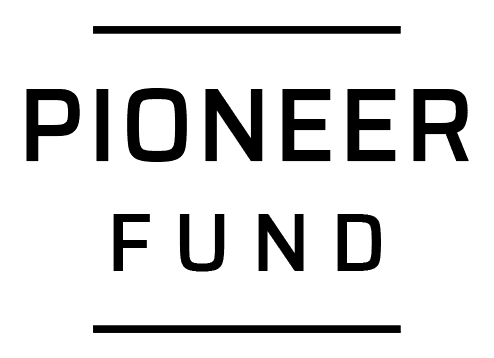Startup Spotlight: Lincon
Startup Spotlight is an interview series where we ask health, fitness and wellness startups that use Terra, to share their wisdom from their own journey to success and also where they see fitness data going in the future.

In this Spotlight, we connected with Sulivan Santiago, CTO & Co-founder of Lincon, the digital therapy platform for people with diabetes and hypertension. Realising that the health market was in need of innovation, Sulivan and his co-founders embarked on an intensive research journey and discovered that there are little resources available to fight Non-Communicable Chronic Diseases, which are the main cause of mortality and premature disability in Brazil. Using the knowledge they acquired along the way, they built Lincon. Hear more about his exciting experiences below!
Describe your company:
Sulivan Santiago (SS): Lincon is a complete ecosystem to take care of chronic and pre-chronic patients with obesity, diabetes and hypertension in a personalised way. The solution includes physicians, nutritionists, psychologists, physical activity educators, health coaches, and technology for treatment and caring at every moment.
To sum up, we are a digital therapy for people with diabetes and hypertension.
How did you come up with the idea?
SS: Before Lincon me and my two other partners (Victor Navarrete and Jose Gutierrez) had worked at an early-stage VC and Accelerator in Brazil. Part of our job was to map out what would be the next "big thing" and thus we started monitoring potential startups to invest in. Then, we discovered the health market was urging for innovations and it could be the next wave of great investment opportunities. Then, in December 2020 we left the company and started a deep and long research process to uncover where in the health value-chain were the best pain points to address. The process took 3 months in total. We covered everyone in the value-chain, end-to-end, including venture capitalists, private equity firms, hospitals, providers, businesses, pharmacies, physicians, distributors, suppliers, patients, etc.
What we have found was that the Non Communicable Chronic Diseases (NCDs) are the main cause of mortality and premature disability in Brazil. Just to get an idea of the magnitude of it, around 74% of all deaths in Brazil is caused by NCDs. The most common NCDs are Diabetes and Hypertension. More than 50M Brazilians were already diagnosed with one or both diseases. It is a HUGE market and it grows at a fast pace.
How did you turn your idea into a company?
SS: Validation first!
We started by doing a pre-mortem analysis and then coming up with the riskiest assumptions and hypotheses about the planned business model/solution. For example, one of the most important questions was "Are we able to build a digital therapy which brings life changing results?". Next, we got funding, hired the health team and then started to build the MVP.
Finally, after 6 months and 50 beta patients, we had wonderful results and all of our risk assumptions were mitigated.
Now, we are at the Go To Market stage.
What have been some of the biggest challenges you've faced so far?
SS:
1. Finding and hiring talents. When you are a startup you only have a dream, nothing more. The startup founder team was something crucial to lift off Lincon and convincing people to get aboard was a colossal challenge.
2. Scaling the service at a low cost and high quality. The secret behind a digital therapy app is the scaling-factor without losing humanization. It's challenging architecting everything (process, people, systems, technology) to get this done.
3. Getting the first customers. Getting B2C beta testers was fairly easy. Now, getting the first B2B companies was hard. Many companies don't want to expose their employees to a test and most of them ask for "business cases" too. That's the classic Chicken & Egg problem.
4. Automating health data collection. Asking a user to enter data manually is painful and full of friction. Our goal is to automate everything we can possibly do.
5. Finding the ideal customer. Lincon has a different value proposition for each kind of company. For instance, for pharmacies we can increase medicine adoption. Another example, for health plans we can reduce costs of a chronic population... We are doing many tests to discover the best customer.
How are you using health data?
SS: To sum up:
1. To personalise the digital therapy journey and patient's goals
2. To provide better guidance and support
3. To intervene accurately (with the right context at the right time)
Everyday our algorithms and coaches run over the data and take appropriate actions. From generating notifications to proactive engagements.
What do you think are the current gaps in health data today?
SS: Too many data sources and each one with their own "structure", data normalisation and API consumption limits/rules. This makes it extremely hard to integrate and keep updated as well as costly to maintain/support. We live in a world where health data is abundant, but that does not mean it is easy!
Another issue is security, privacy, regulation and personal data management.
What do you think is the future of this space?
SS:
About health data? We are seeing an explosion of new apps, wearables and devices generating health data, that's awesome! Today we can track steps, heart rate, glucose levels, oxygen levels... Can you imagine the future? We are moving even further. We will be able to monitor almost anything in our body.
On the other hand, these massive data just worsen the problem of supporting integrations with those 3rd party companies.
We will see more strict regulations, privacy enforcement and ease to manage personal data across the board.





